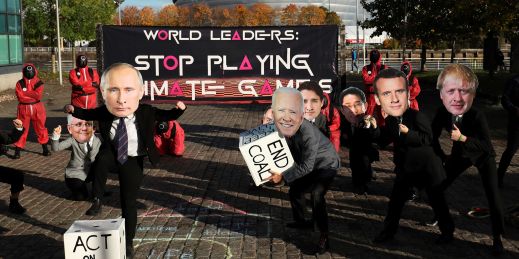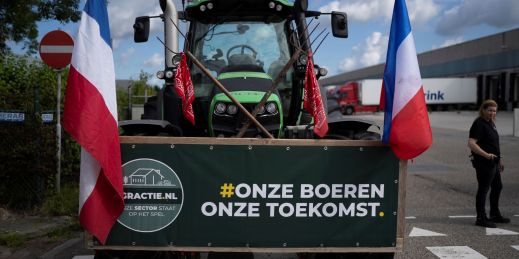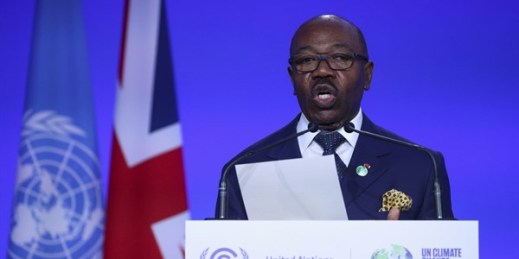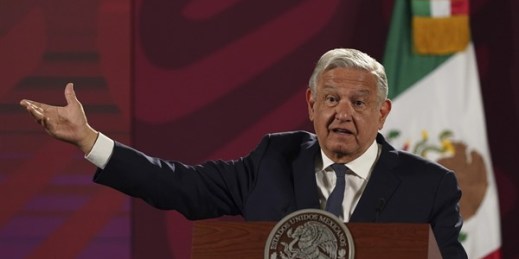
While governments around the world have tried to coordinate their efforts to rein in the emissions causing climate change, critics rightfully argue that the targets they have agreed to are too modest. But structural obstacles to the kind of cooperation needed to address the problem make it unlikely that a solution will be reached.




